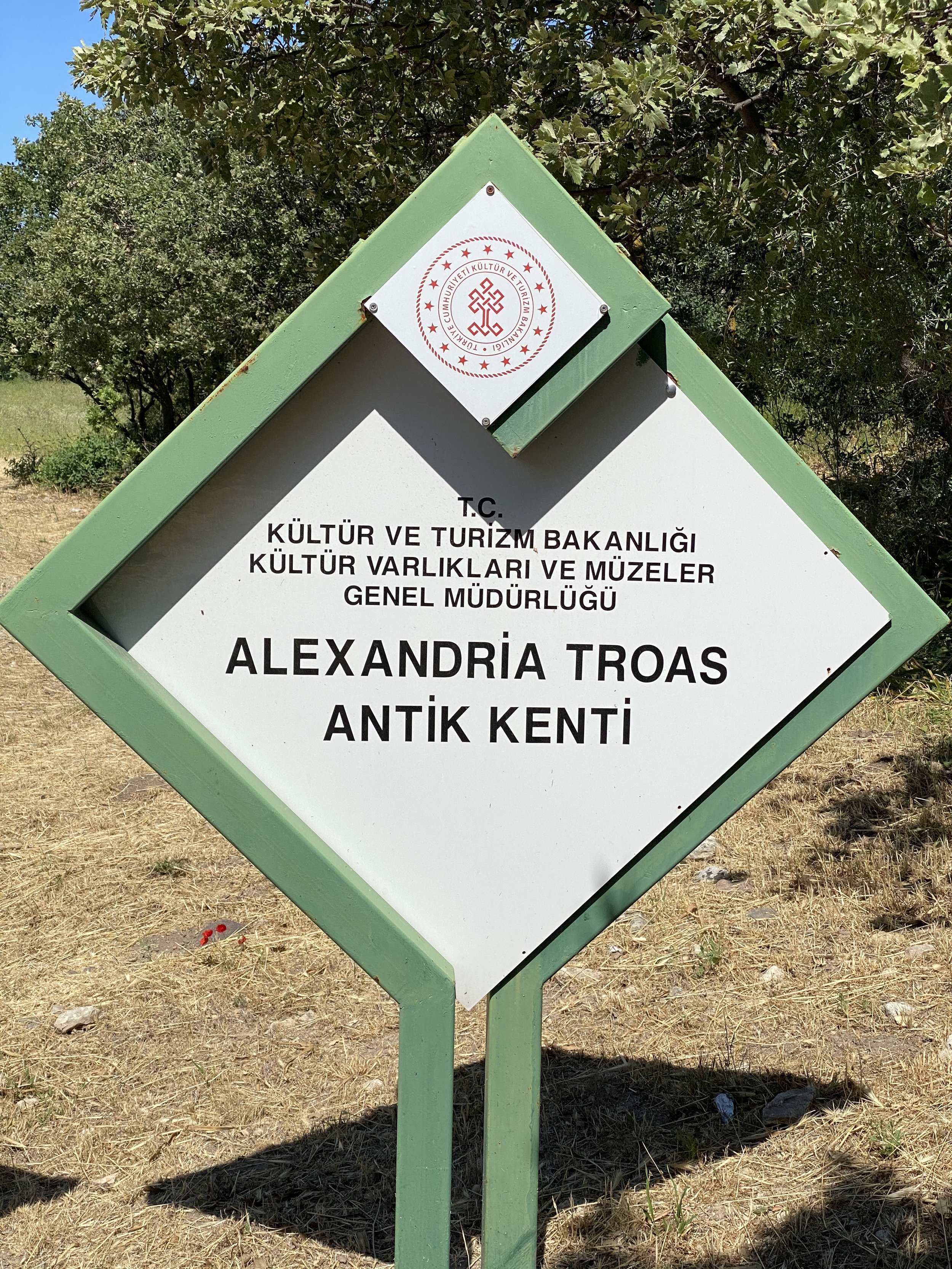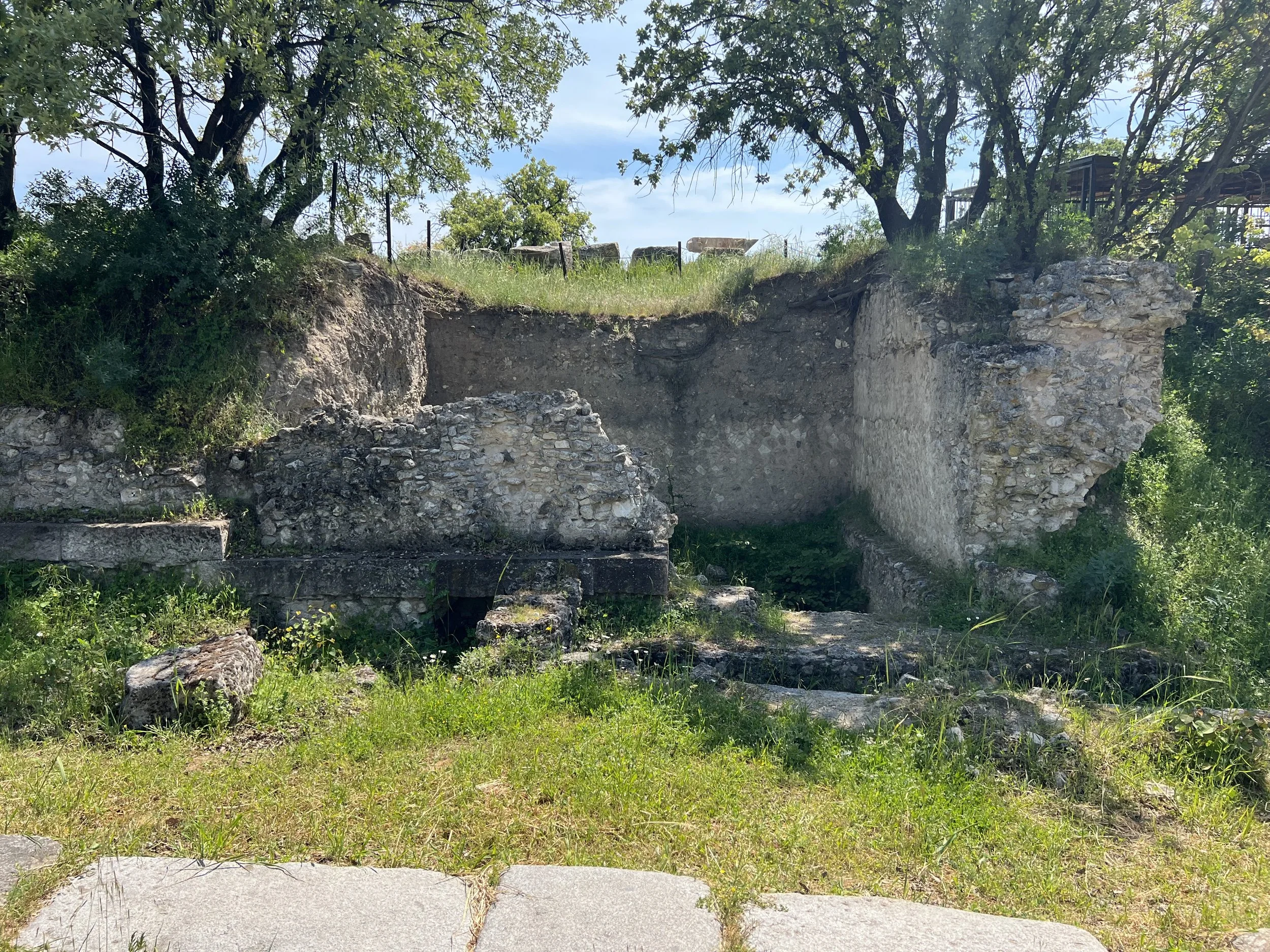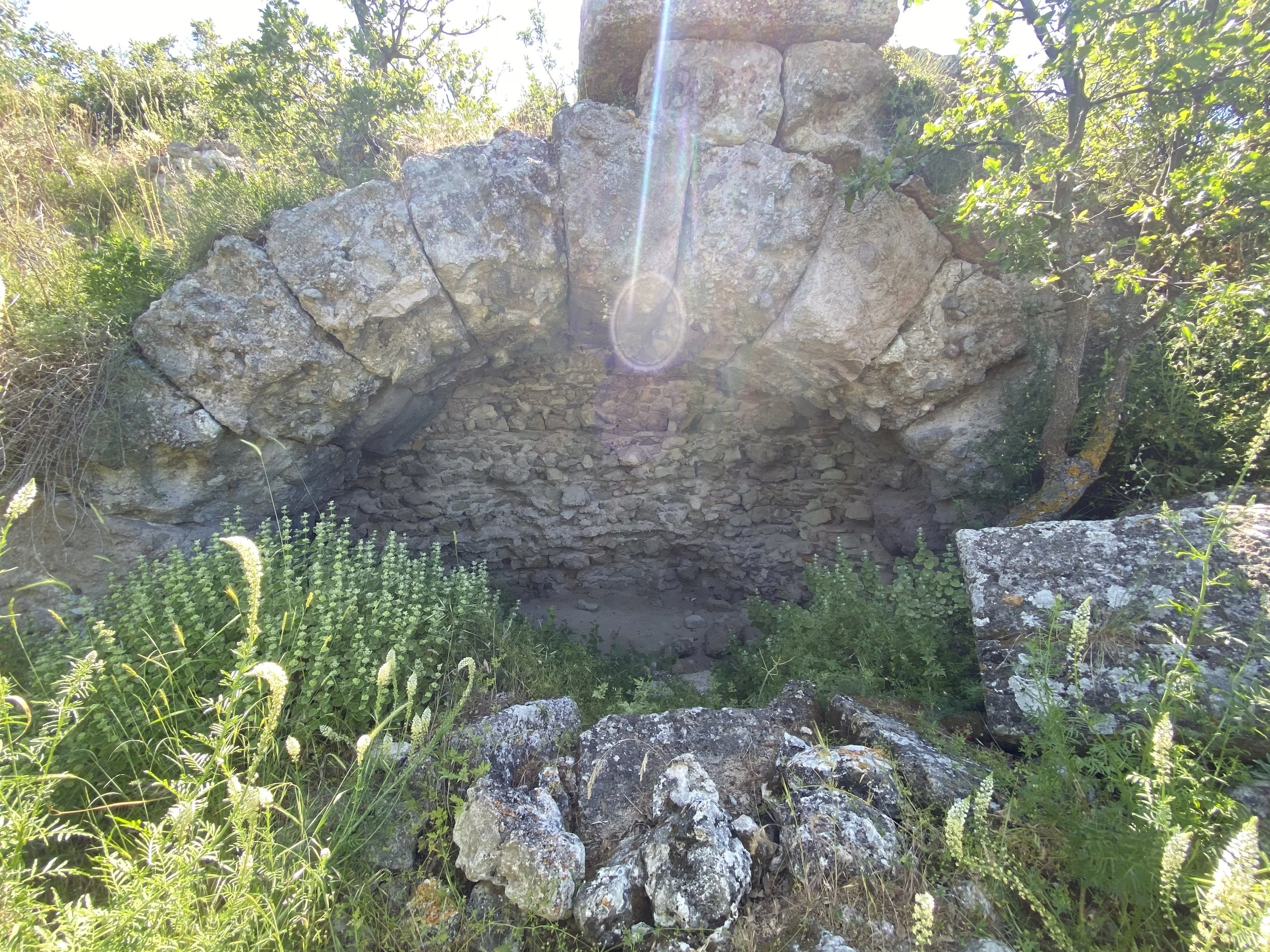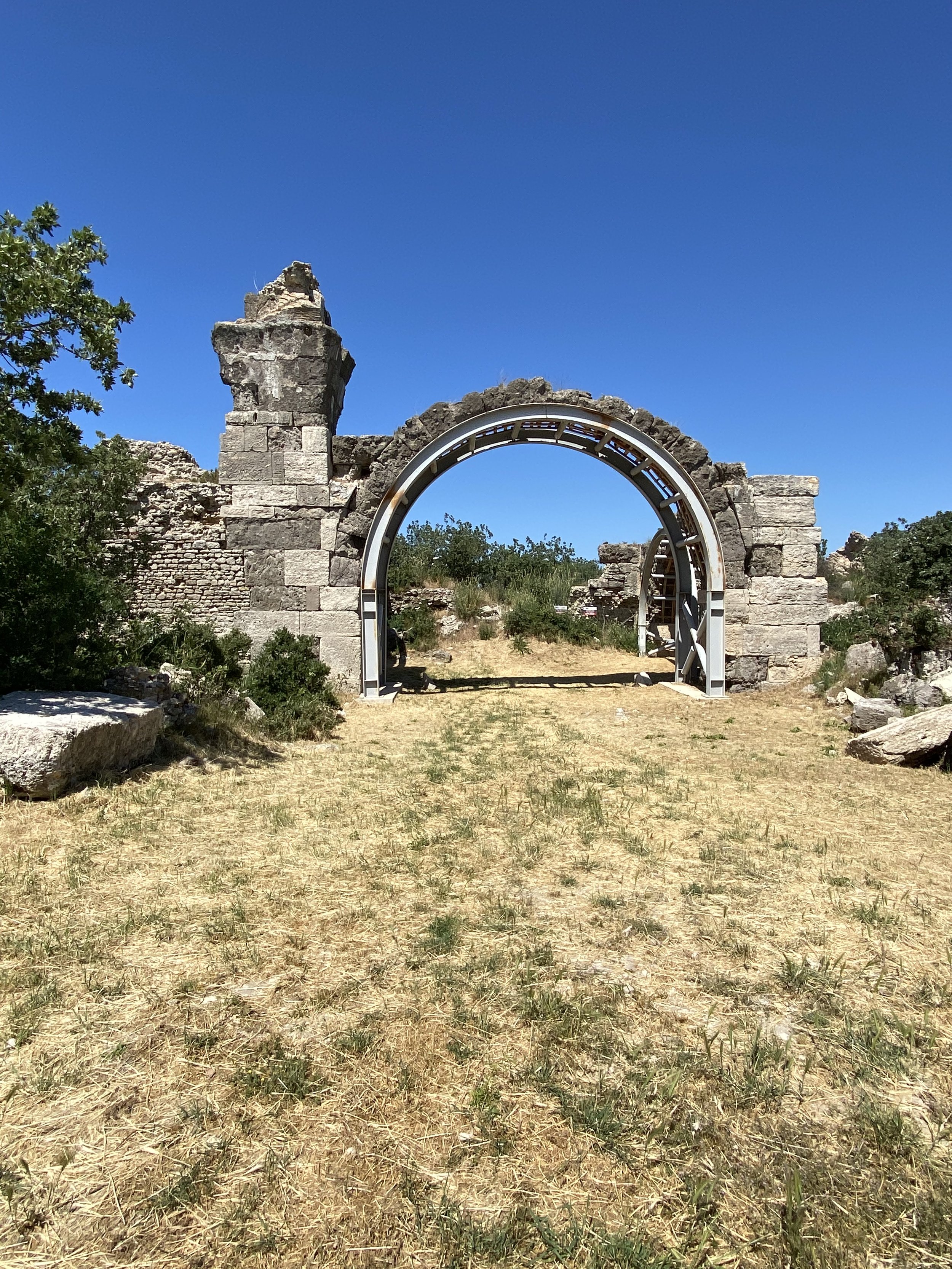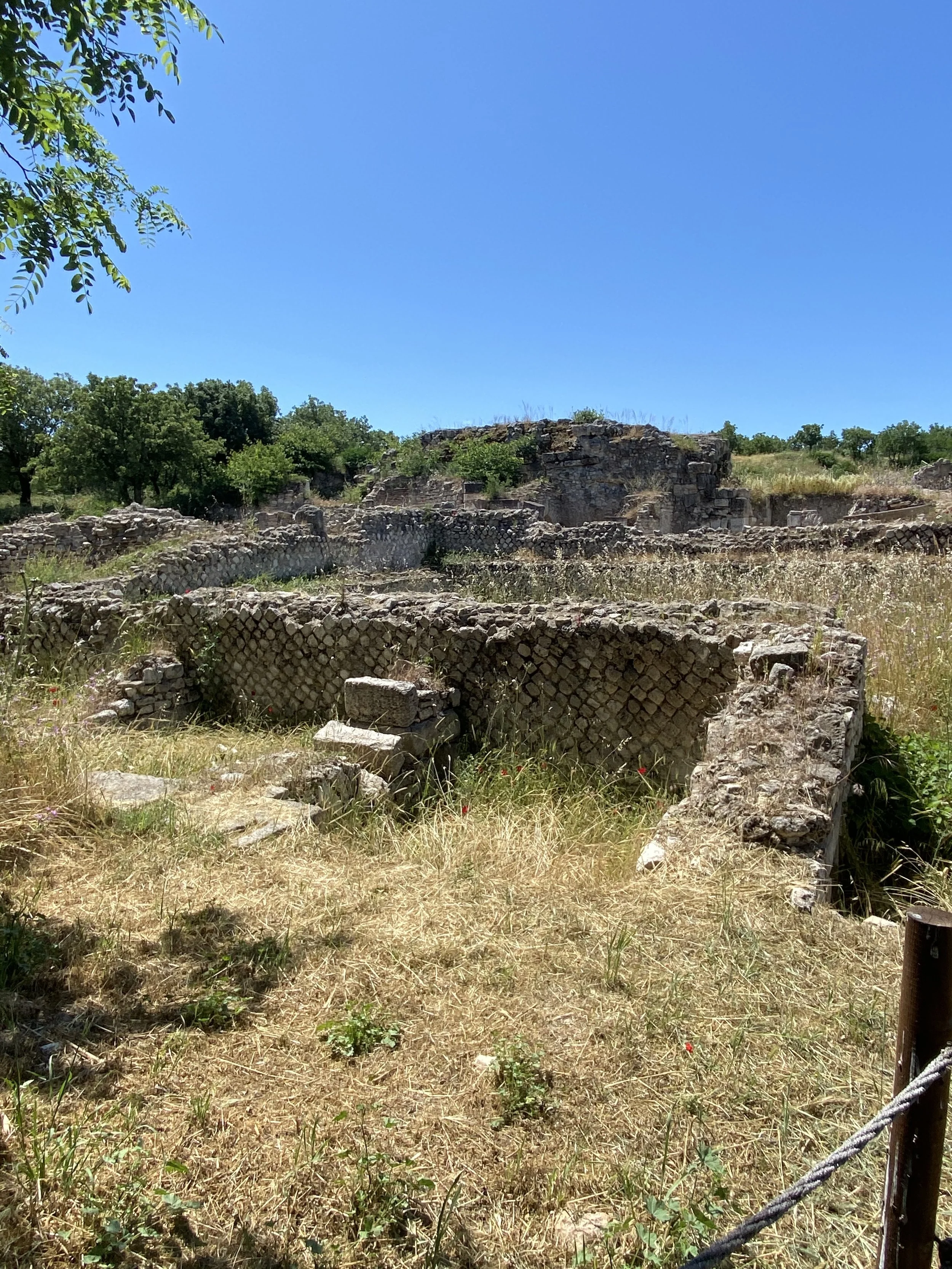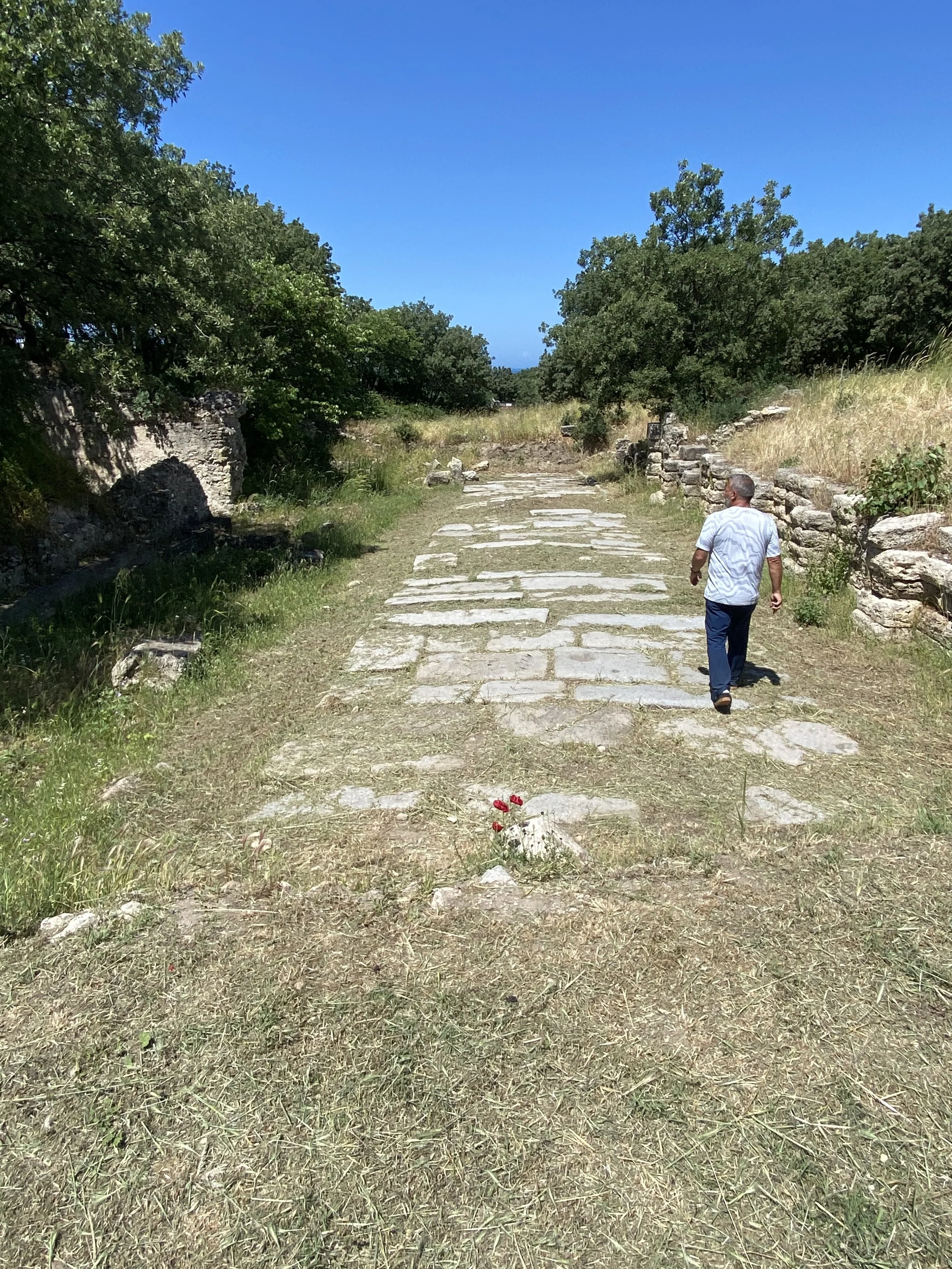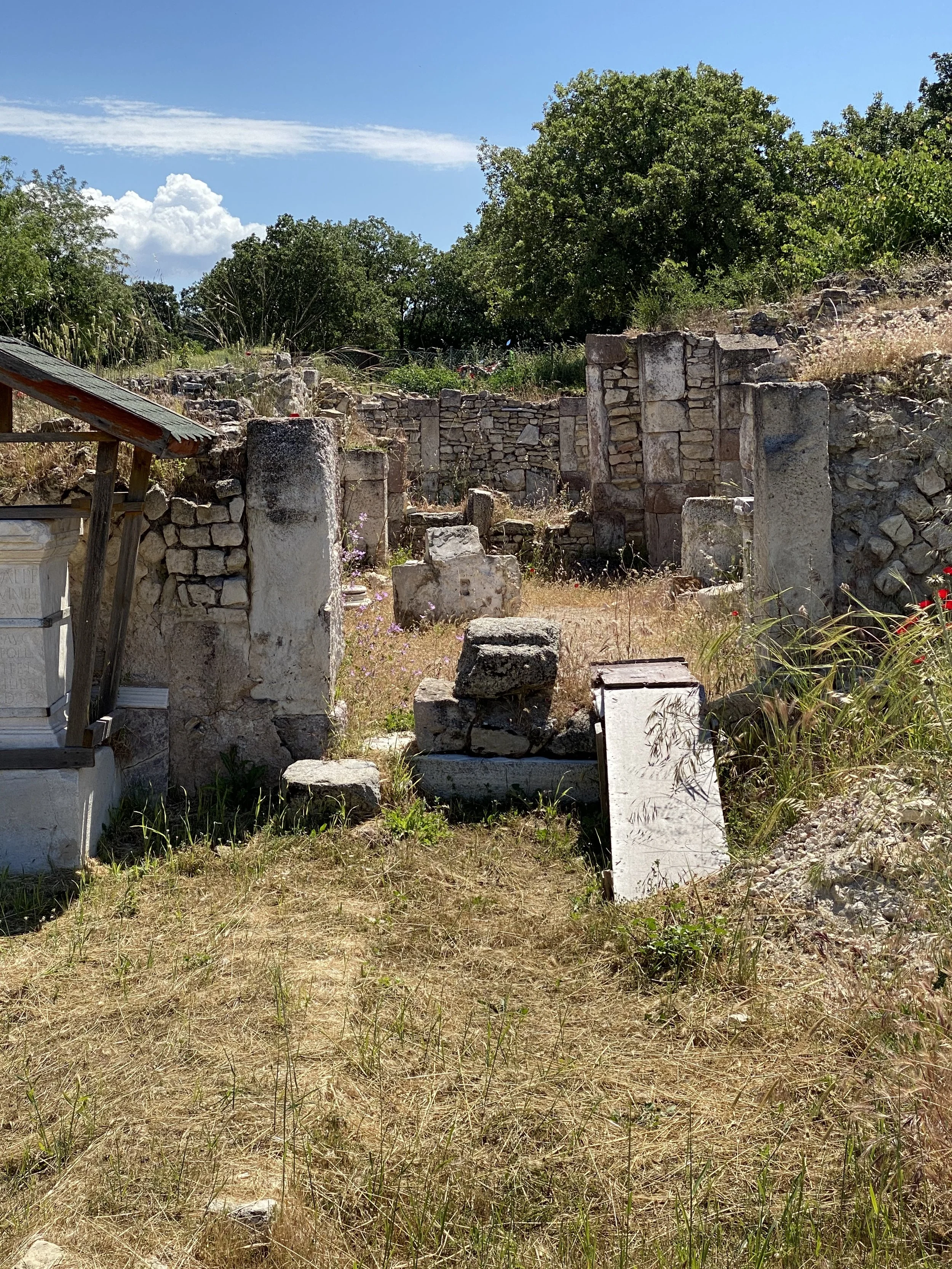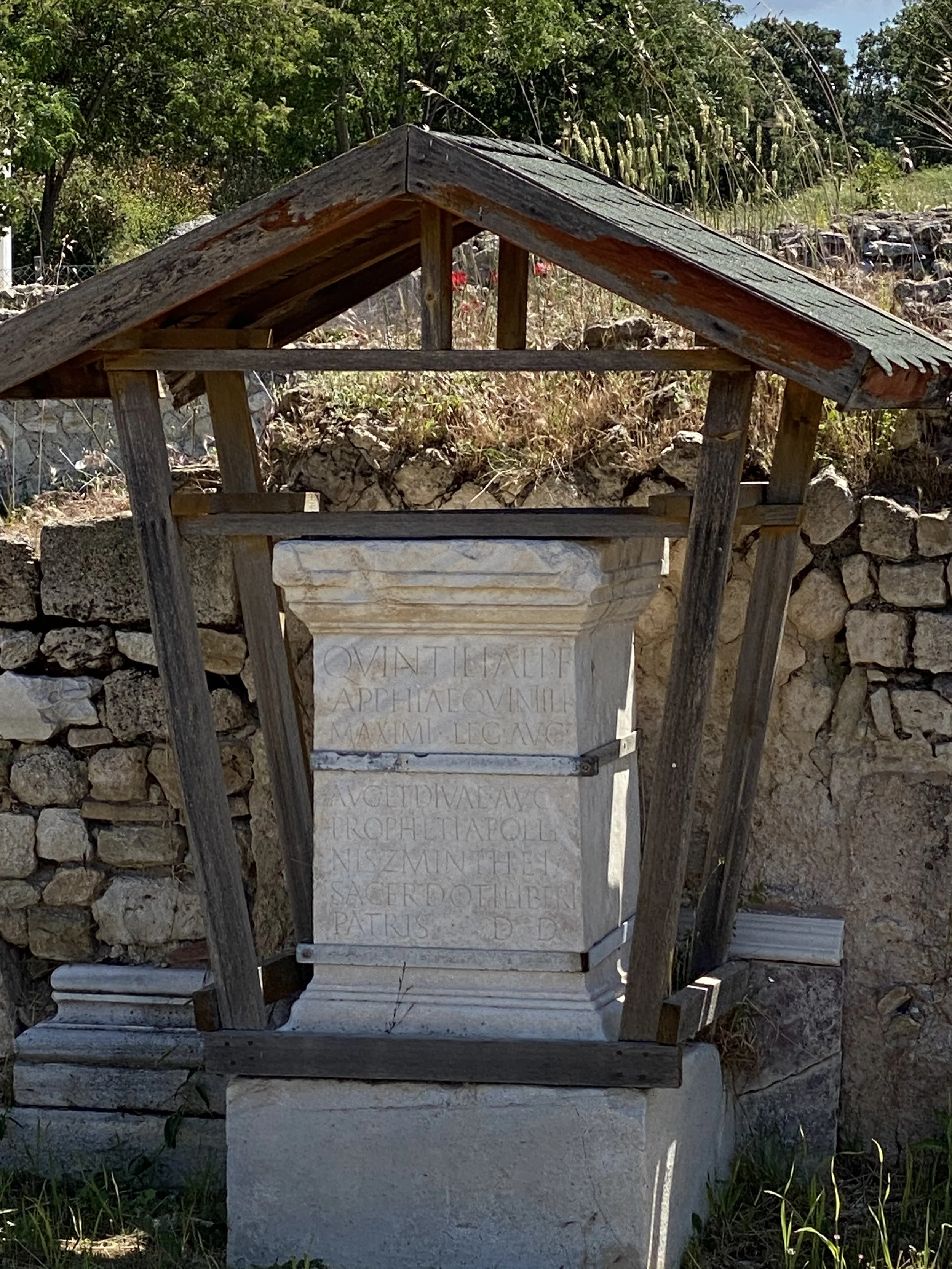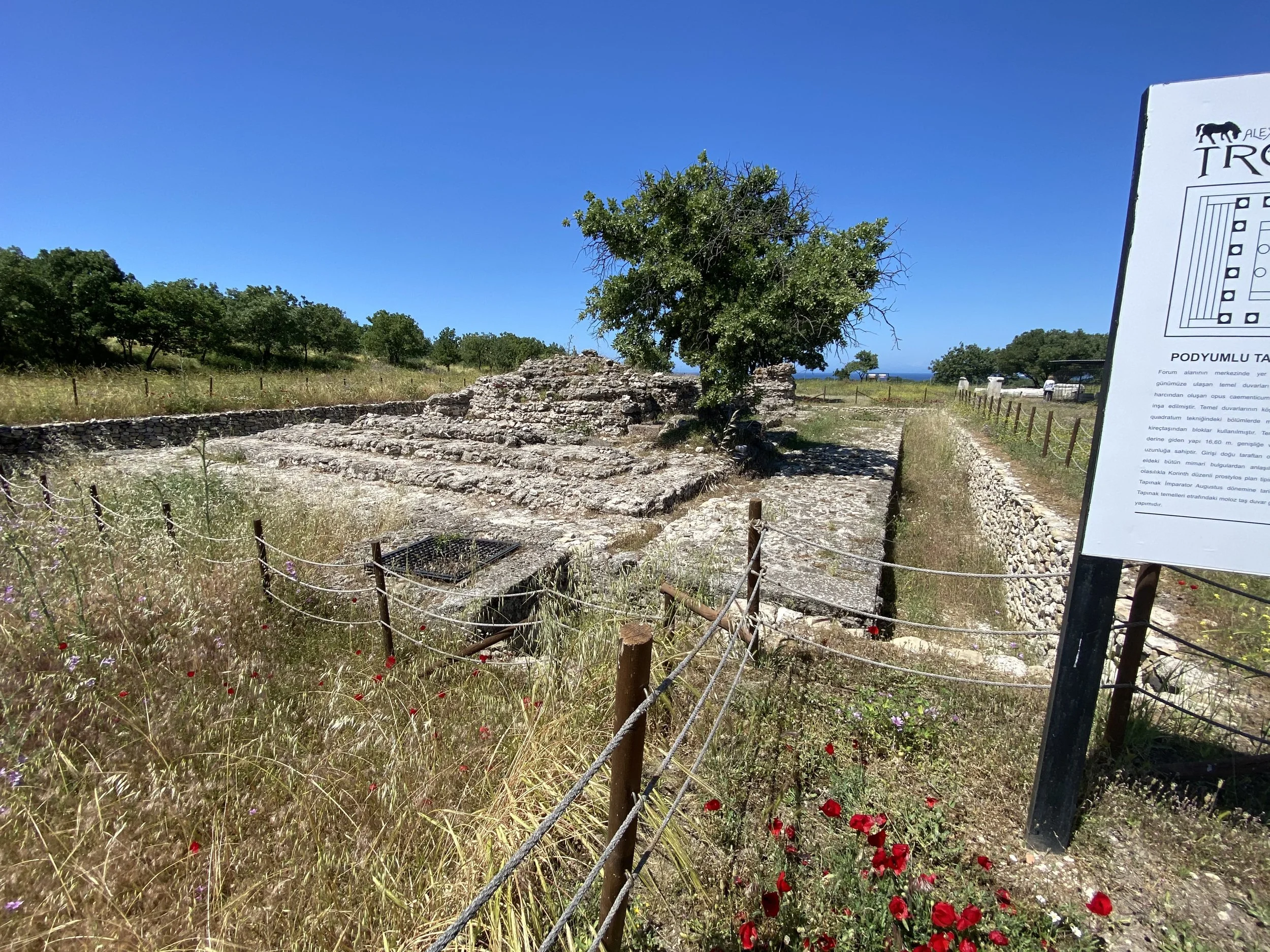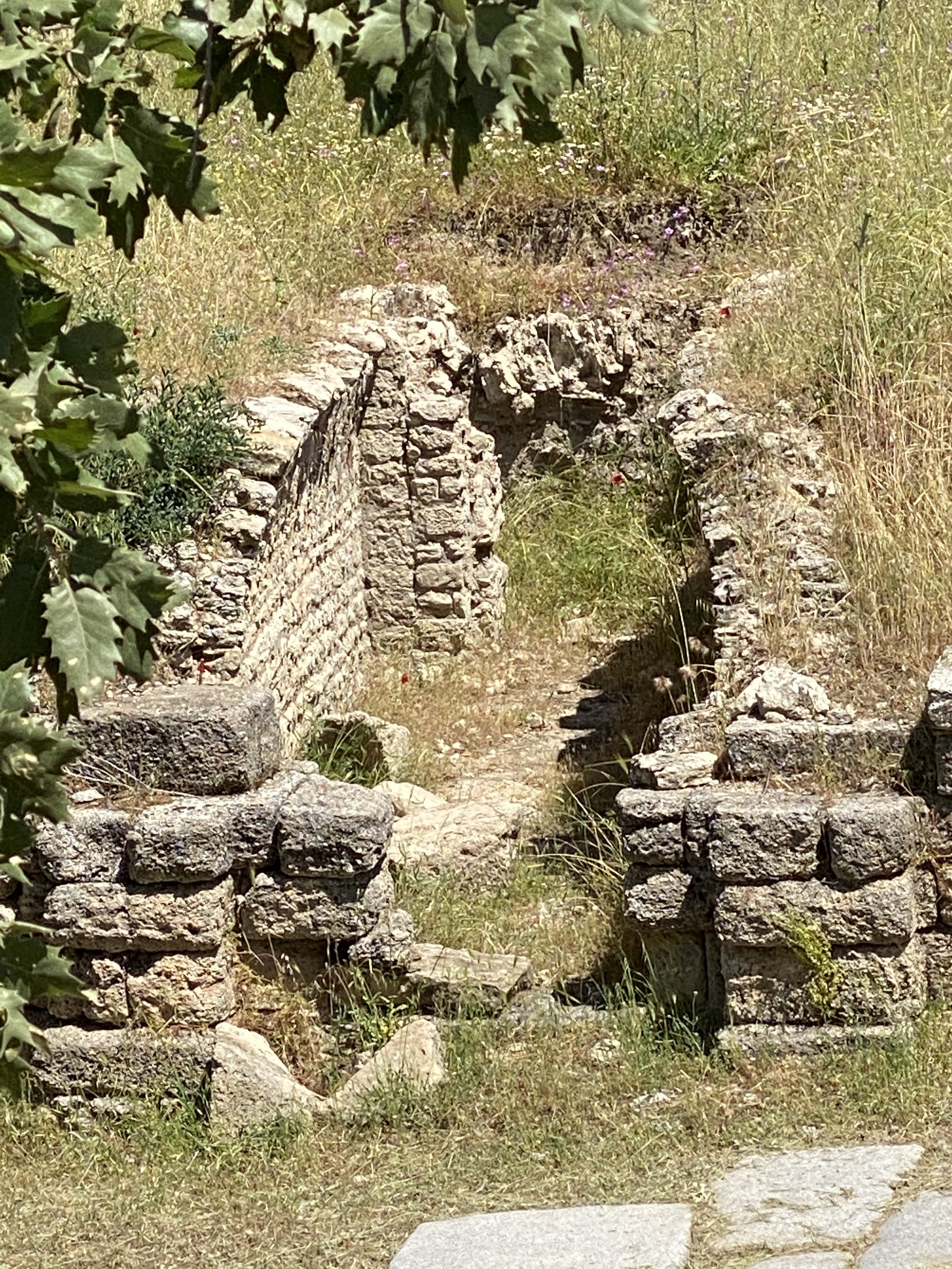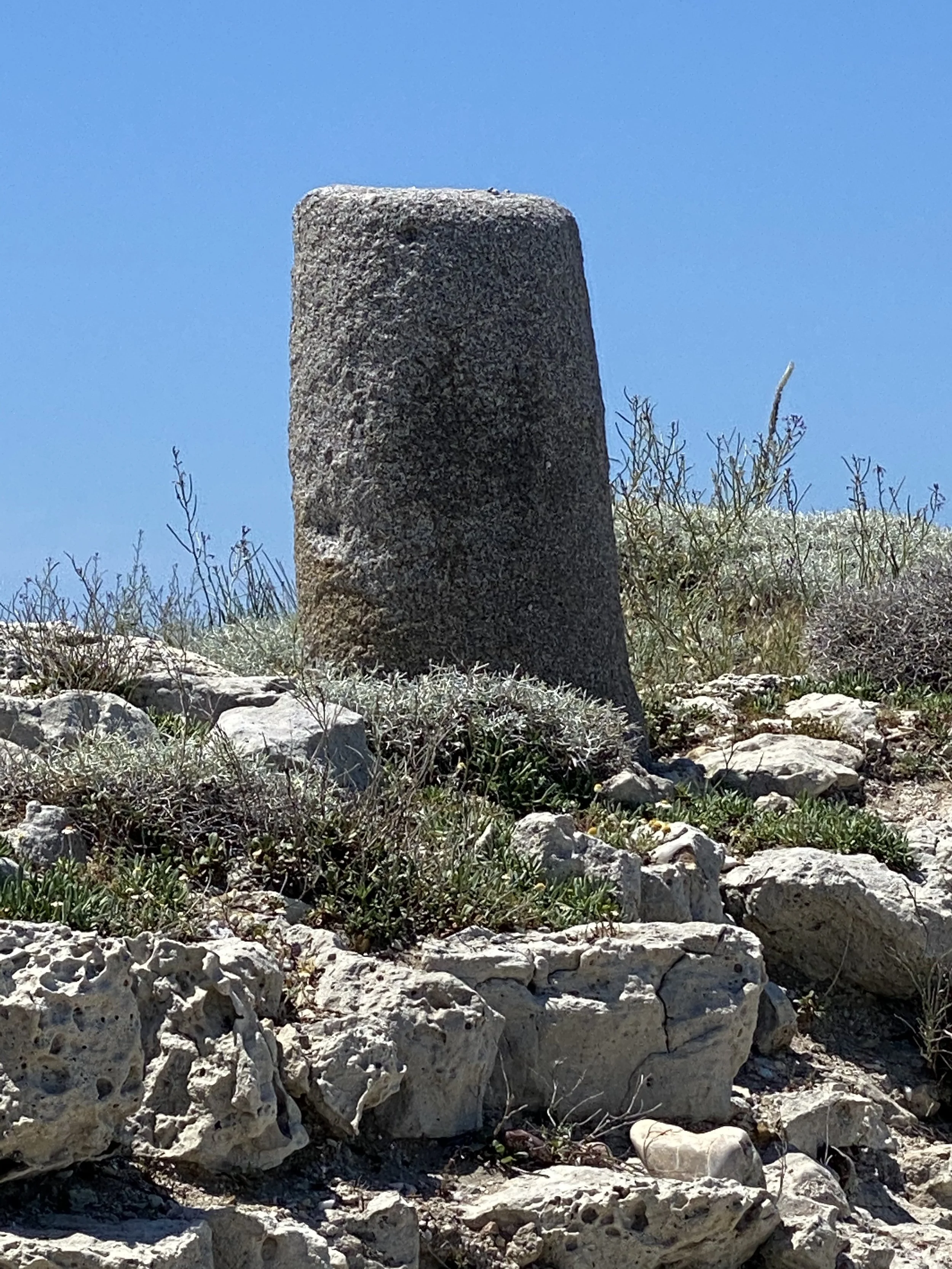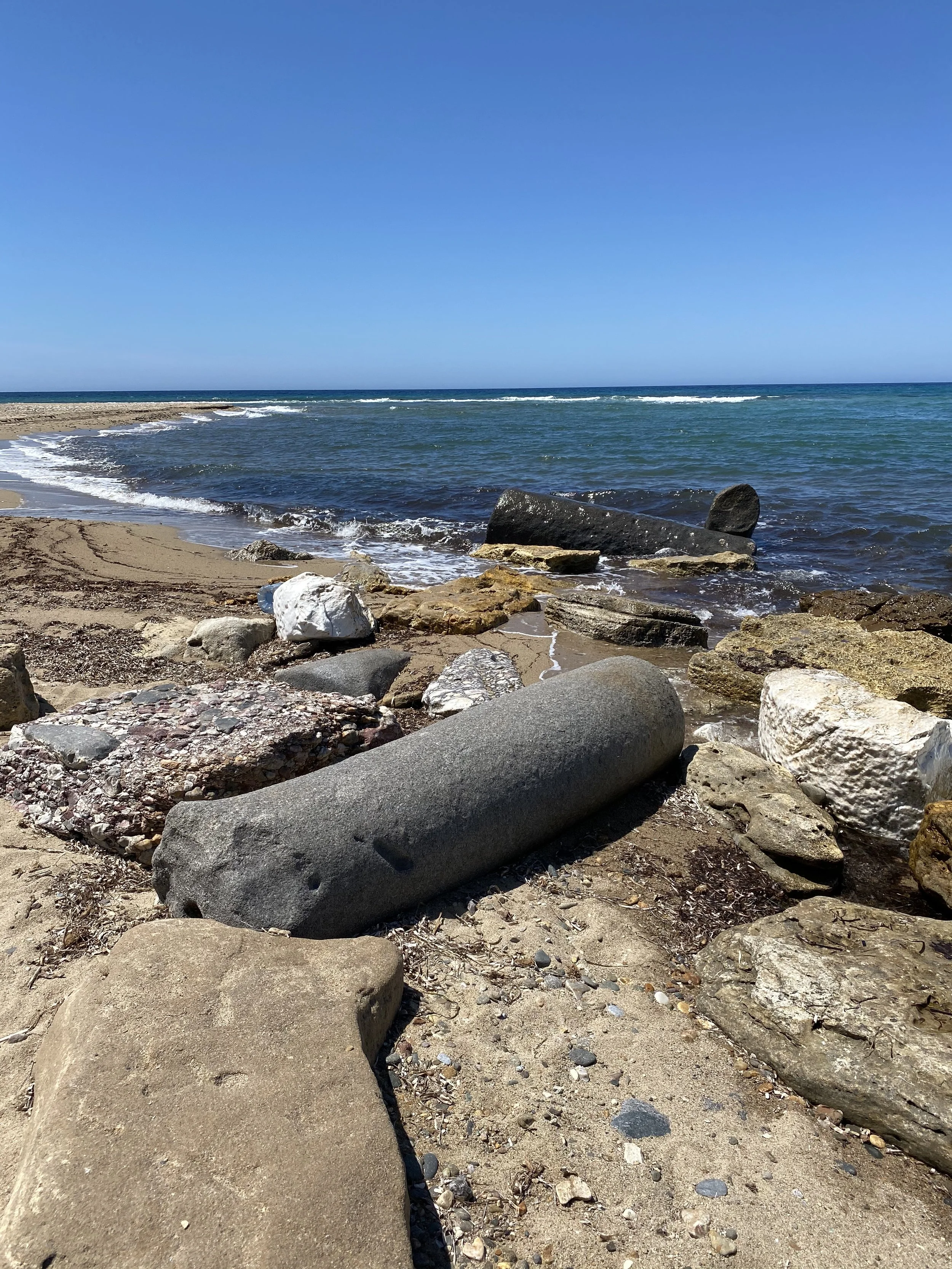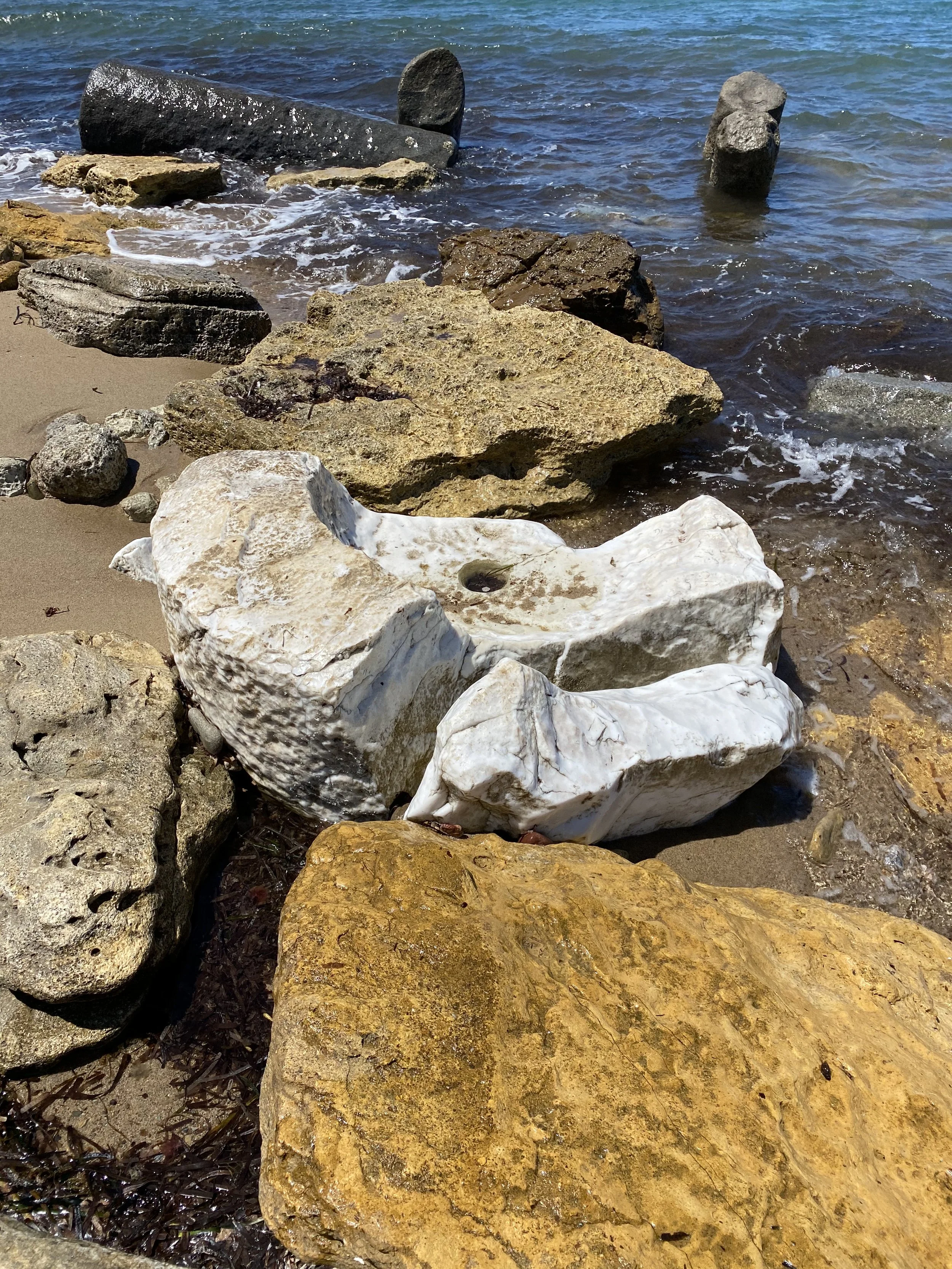Alexandria Troas, Turkey
Alexandria Troas
The Northwest coast of Anatolia in Turkey, bordering the Dardanelles sea passage, was once called the Troad. There are a number important ancient sites in this area, including the famous Troy. Alexandria Troas became an important sea port in Roman times and had an ideal location at the southern end of the Dardanelles. In 188 BC, Rome declared Alexandria Troas a free city. Early Roman emperors including Augustus contributed to public building projects.
We know that there was an early Christian community here because of several mentions of the city in the New Testament.
Acts 16:8-11 Paul received the call to go to Macedonia while in Troas and left for Macedonia from the Troas port. Act 20:5-12, Paul is returning from Macedonia by way of Troas and spoke at night with the believing community there at such length that a young man fell asleep and out of a window - a lesson for long winded preachers maybe 🤔 . 2 Cor 2:12 and 2 Timothy 4:13 also mention Troas.
Today there are evidences of the ancient site on the beach … pylons, patches of Roman pavement, pieces of marble works. The silting up of the harbor contributed to the decline of the city. There is still a large pool of water where the inner harbor had been. There are some walking trails and in among the brush and thorns there are remnants of columns from the stoa.
If you come at the site from the east, the road passes by remains of a bath complex and Nymphaeum and an area of current excavations in the old city center where there are remains of a temple complex and other public buildings and walls. Parts of the city walls are still visible in the country side including gates to the city. We’ve read that the theater is visible and a more recently found stadium.
We have visited twice, in each case we had limited time. Has anyone seen the theater at Troas or the stadium? Would love to see pictures!
For more pictures of our biblical travels visit:
Scriptureinstone.org #turkey #stpaul #bible #biblicalarchaeology #archeology #alexandriatroas

